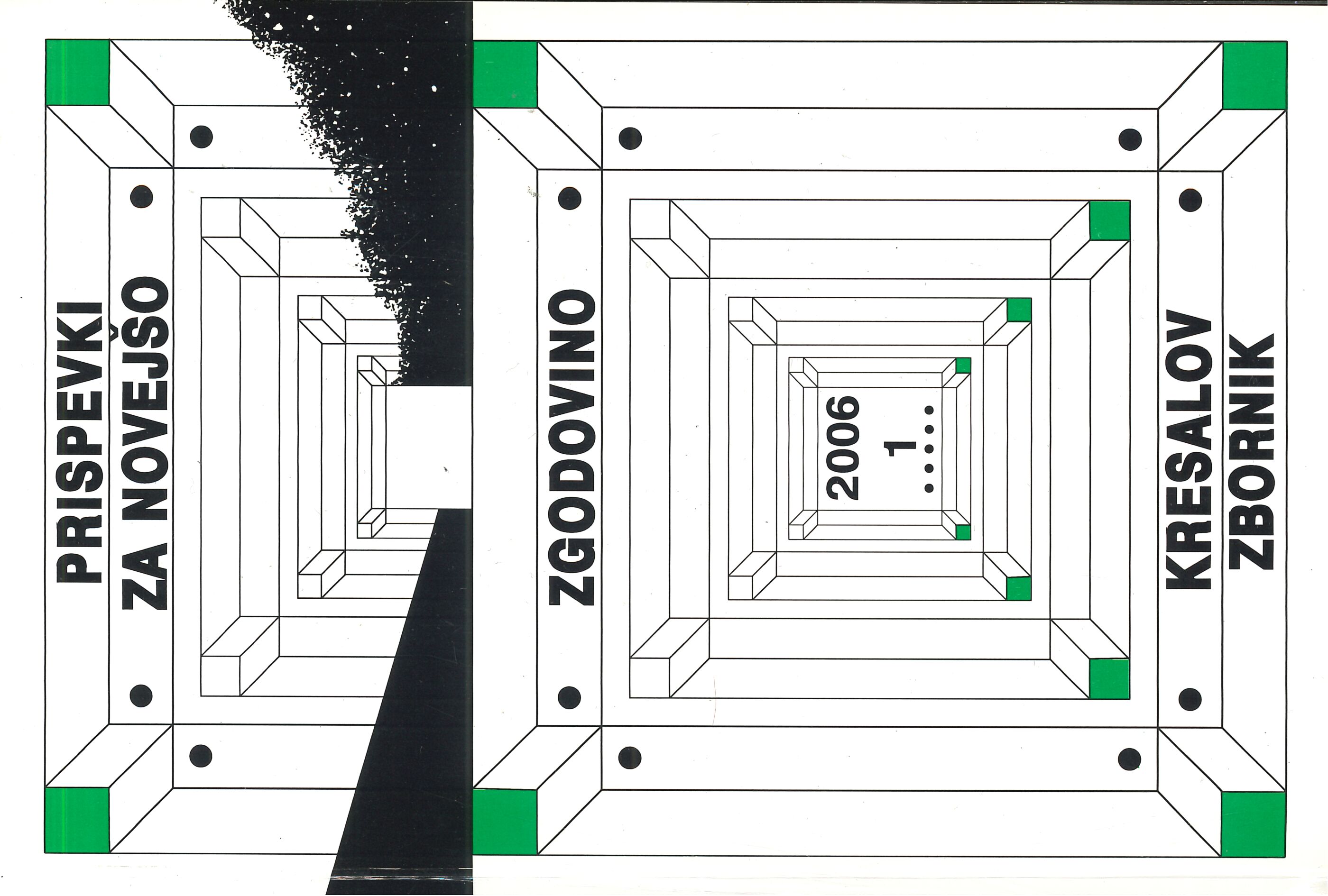Policy of the Standard of Living in the First Decade of Socialism in Yugoslavia
Keywords:
standard of living, quality of life, Yugoslavia, Slovenia, economy, socialismAbstract
One of the key questions of historiography is how people in a certain period lived, where they dwelt, how much they earned and spent etc. The question concerns the standard of living and the quality of life of individuals and society in a specific historical period. The author examines the standard of living in Yugoslavia/Slovenia in the first period after the Second World War, which was marked by industrialization. The standard of living reflected the current economic policy, and was part of it. The political and economic conditions in the first post-war decade did not favour any improvement in the standard of living. The reasons for this were ideological, political and, above all, practical. They derived from the pre-war economic situation, the consequences of the war and the post-war economic policy. Apart from these, the standard of living in that period was considerably affected and determined by the rift with the Cominform and the economic consequences thereof. A change in the government's attitude towards the standard of living came in the mid 1950's, with the political decision to put a greater emphasis on the quality of life in Yugoslavia.
Downloads
Published
Issue
Section
License
Authors who publish with this journal agree to the following terms:
- Authors retain copyright and grant the journal right of first publication with the work simultaneously licensed under a Creative Commons Attribution License that allows others to share the work with an acknowledgement of the work's authorship and initial publication in this journal.
- Authors are able to enter into separate, additional contractual arrangements for the non-exclusive distribution of the journal's published version of the work (e.g., post it to an institutional repository or publish it in a book), with an acknowledgement of its initial publication in this journal.
- Authors are permitted and encouraged to post their work online (e.g., in institutional repositories or on their website) prior to and during the submission process, as it can lead to productive exchanges, as well as earlier and greater citation of published work (See The Effect of Open Access).


